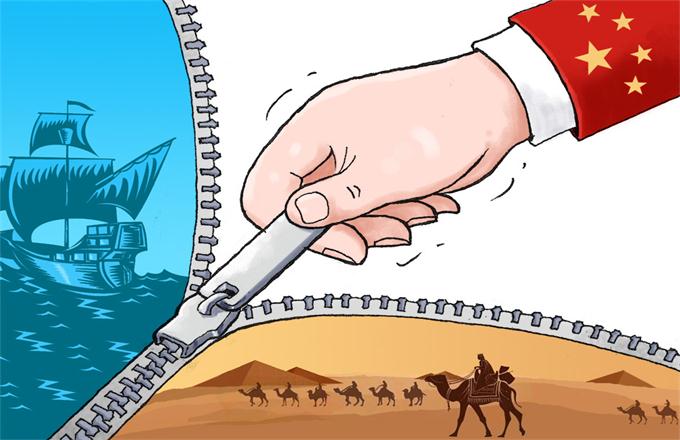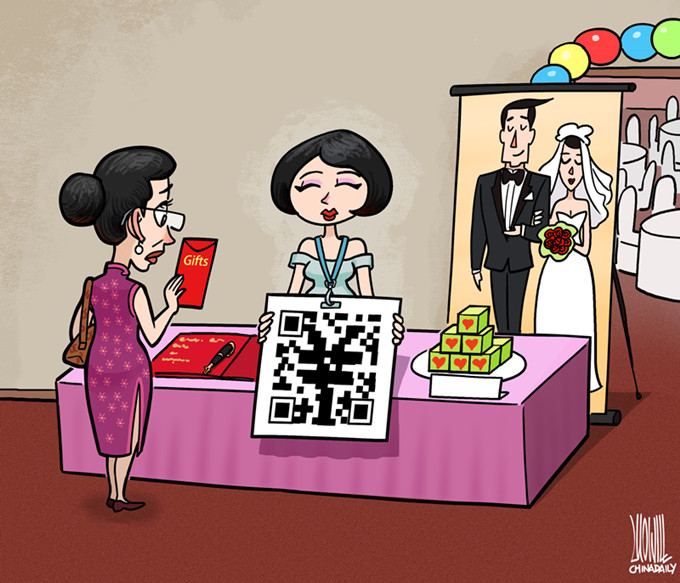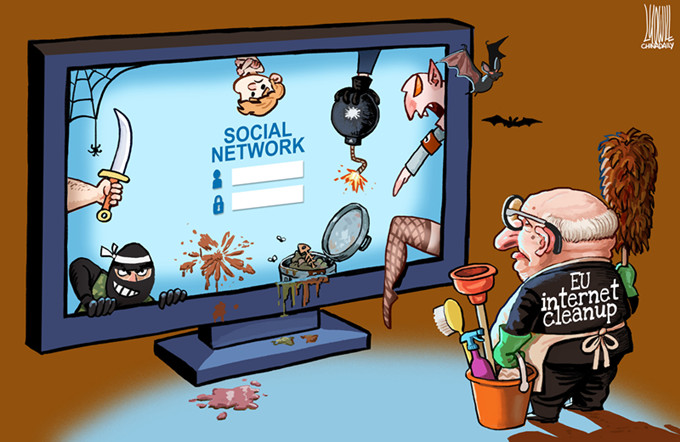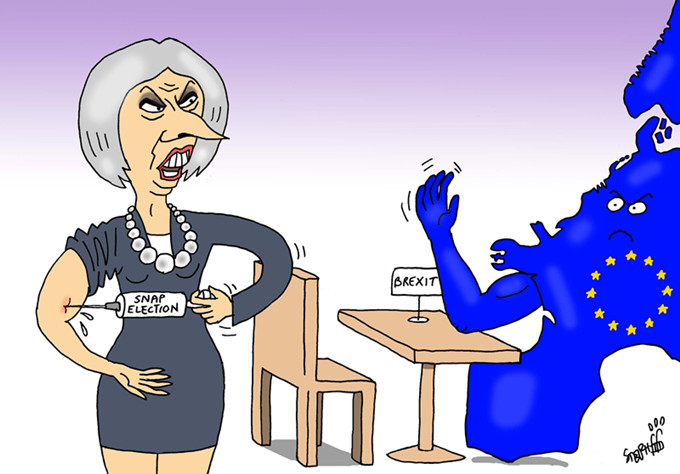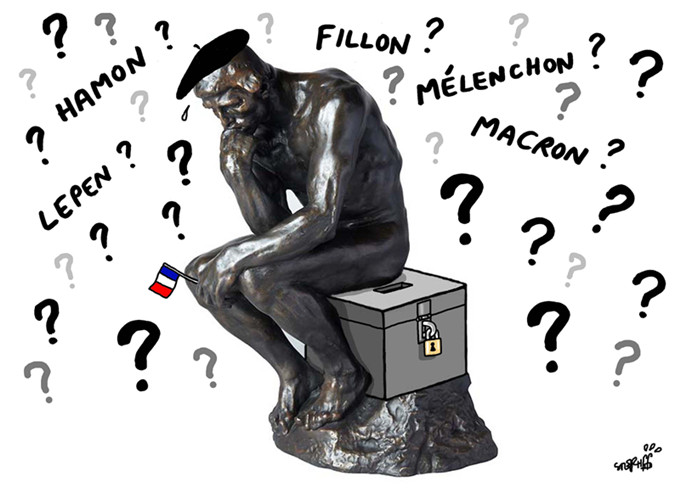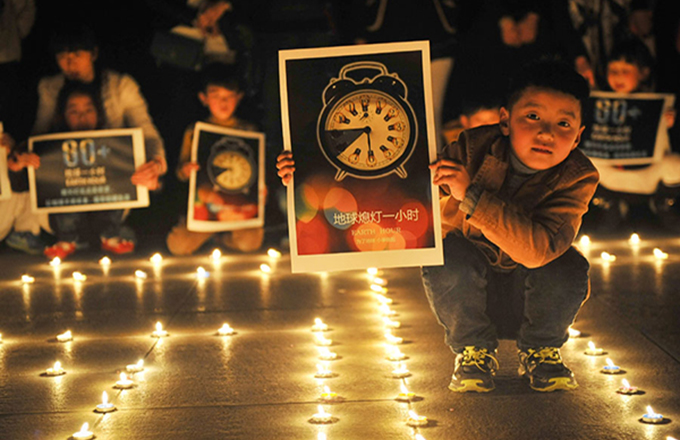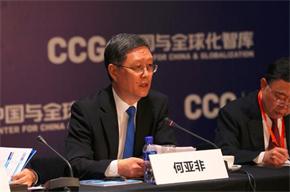High-speed rail is public service, not a gravy train for monopoly
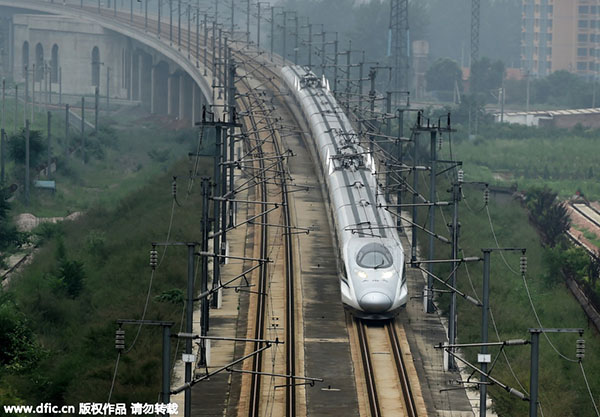 |
|
A train pulls into a station in Luoyang city, Henan province, June 30, 2015. [Photo/IC] |
Many people have expressed concern about the decision, saying the price hikes are too much. China Railway responded that the National Development and Reform Commission, the nation's top economic planner, has authorized the adjustments.
That explanation is rather weak. As a State-run enterprise, China Railway cannot act like a purely commercial company and it must justify its decision to raise ticket fares, especially as some ticket fares are going up by more than 50 percent.
Wang Mengshu, a senior expert on high-speed railways, pointed out another flaw with the company's explanation: It said by raising ticket fares it will improve services, but did not specify how.
It would be more reasonable for the company to improve its services first; then raise ticket prices. So one cannot help but ask: Do they really plan to improve services?
Actually, the higher ticket prices are likely to prompt some passengers to choose other means of traveling. If the number of passengers on the lines concerned drops dramatically after the higher ticket prices are introduced, then the total revenue will decrease, that will be a waste of public resources used by the railway company, as well as an additional burden on passengers, who are also taxpayers.
The NDRC authorized China Railway to adjust its ticket fares last January, and this is the first time the company has attempted to exercise that authorization, we hope the monopoly will do so in a reasonable manner.




